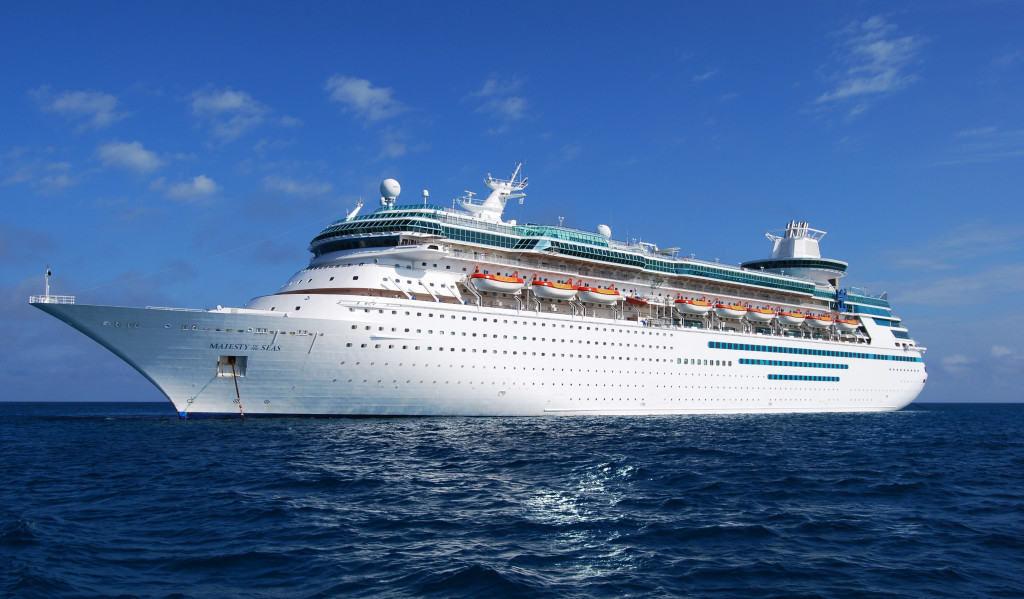Bagged leafy greens are a common ingredient in our weekly dinners – I’m a fan of the 50/50 spinach spring mix combo as a base for a steak, blue cheese, pear and walnut salad. But eating anything raw, like leafy greens is a trust-based activity. I trust that the folks who grow, cut, wash and package salad mix know how to manage the risks.
The Public Health Agency of Canada is collaborating with federal and provincial public health partners to investigate an outbreak of Listeria monocytogenes infections in five provinces. To date, the source of this outbreak has not been confirmed. However prepackaged leafy greens, salad blends, and salad kits are food items being investigated. This notice will be updated as new information becomes available.
At this time, the risk to Canadians is low, but given that Listeria can cause severe illness to some high-risk groups, Canadians are being asked to review and follow proper safe food handling practices in an effort to prevent illnesses.
Currently, there are seven (7) cases of Listeria monocytogenes in five provinces related to this outbreak: Ontario (3), Quebec (1), New Brunswick (1), Prince Edward Island (1), and Newfoundland and Labrador (1). Individuals became sick between September 2015 and early January 2016. The majority of cases (71%) are female, with an average age of 81 years. All cases have been hospitalized, and one person has died, however it has not been determined if Listeria contributed to the cause of death.








